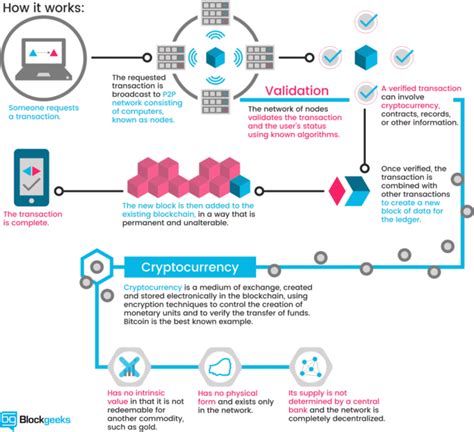Ethereum’s understanding of block health and node adoption
The Cryptocurrency landscape is constantly evolving when the design of the ecosystem is a new development and upgrade. In this article, we are considering the concept of blocking health in Ethereum, especially when it comes to the introduction of a node and the effects of Bitcoin ethics.
What is an inhibition health?
Block Health refers to the percentage of events included in the block, which is considered a valid and part of Blockchain integrity. In each block, most of the transactions are included without problems, but a small percentage can be ruled out for a number of reasons, such as:
* Invalid or orphanes occur

: events that do not match the rules or have insufficient information.
* Tally Conflicts : Differences between the sender and the recipient’s wallet addresses.
* Network congestion : Excessive charges or delays in receiving confirmation from other nodes.
Ethereum block health 94.82%
An example of a Binance pool that shows 94.82%block health (block 795364) is an interesting concept of Ethereum’s performance. This high level of block health indicates that the network has worked relatively smoothly and minimal issues affect the overall integrity of the blockchain.
Why do nodes accept blocks with closed events?
Network nodes or nodes are responsible for validating and incorporating events in new blocks. When a node receives a block with deliberately marginalized events, it can face a number of challenges:
* Network congestion : Including the wrong event can cause delays or even prevent the entire network.
* Certification difficulties : Exhaated events may be more difficult to ensure due to insufficient information or contradictory information.
Some nodes may still accept blocks with closed events for a few reasons:
- Optimization : Some nodes may prioritize speed and efficiency in strict compliance, deciding to deal with more events in batches and not separately.
- Network Restrictions : Network infrastructure and congestion values can affect the degree of approval of certain types of events.
Bitcoin ethos
Bitcoin ethics emphasizes decentralization, transparency and justice. Although the nodes are responsible for maintaining the integrity of the blockchain, they also have a duty to accept valid events without biased or discrimination.
In summary, the Binance Pool’s 94.82%block health emphasizes the relatively smooth activity of Ethereum, but that does not necessarily mean that nodes should prioritize the transactions involved from the marginalized. The decision will ultimately depend on the optimization strategies and network conditions of the node.
conclusion
The health of the Ethereum High Block in 94.82%offers a snapshot of the current state of the network, while revealing some of the challenges of nodes when dealing with closed events. Understanding these dynamics is essential for both developers and users to navigate effectively in the cryptocurrency landscape.

